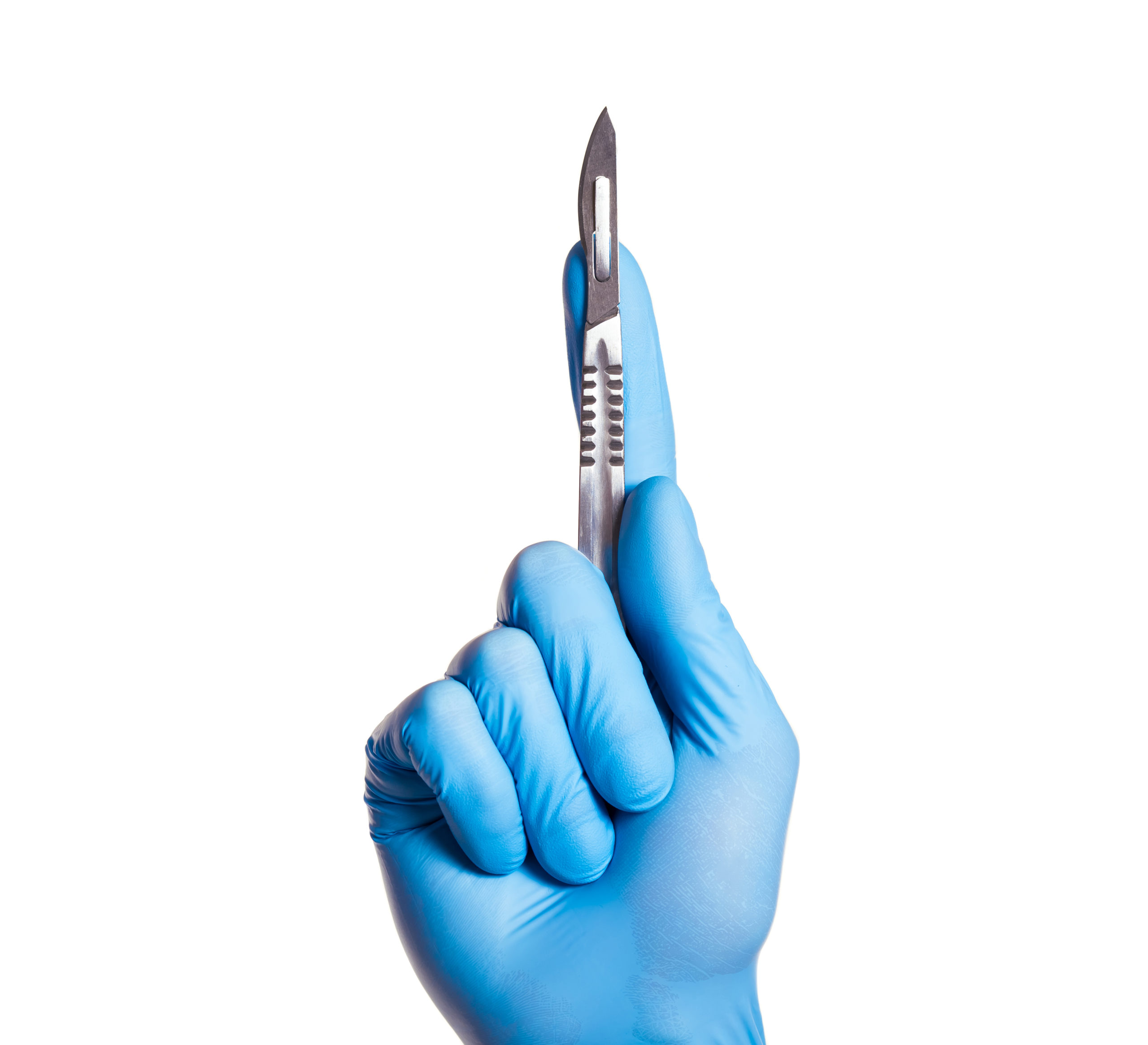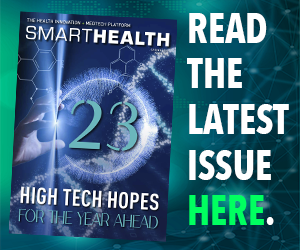Both with blockchain, and much other of the scalpel-sharp cutting edge of medical tech, pharmaceutical companies’ background and resources mean they are currently doing much of the heavy lifting in innovation, especially in Ireland.
The pharmaceutical industry “has traditionally been seen through a particular lens, so I suppose one of the hardest bits would be around trust – how do you create trust with all the multiple stakeholders you’re dealing with?” asks Dr Maeve McGrath, head of health care innovation at Roche Ireland.
It isn’t an idle question. Roche, the Swiss-based pharmaceutical and diagnostics multinational, is the world’s largest pharmaceutical company and biggest manufacturer of cancer treatments. It also has a substantial Irish presence.
A useful lesson, Dr McGrath says, might be the Lincoln Highway – the first US road for automobiles running from New York’s time Square to San Francisco’s Lincoln Park – which was built in 1912 to 1913 and led by early automobile entrepreneur Carl Graham Fisher. “He quickly recognised people weren’t going to buy cars unless they had roads to drive them in. So he basically crowdfunded, in today’s language, the highway, and went to other auto entrepreneurs and asked them to help fund it,” she says.
But there were no rules saying if you didn’t fund it, your cars couldn’t drive on it. This could be a lesson for things such as making better use of genomics to inform cancer treatment, through molecular tumour boards that can bring together professionals from across a patient’s care network.
“It’s not pharma or medtech doing it, but how do we work together, and collaborate with both traditional and non-traditional players to ignite that change and provide that transformation,” Dr McGrath says. For these partnership rather than transactional approaches to work, “you can’t go in with pre-existing conclusions, this is what needs to happen, and this is going to happen,” she says. “If that happens, you’ve closed down the conversation.”
Instead, “if you look at anything that’s innovative, it very much benefits from a diversity of perspectives, being open to explore and learn together.” And having relationships across sectors that let you “iterate, tweak, evolve, and respond to data you’re seeing in real time,” she says.
A good ongoing example of this in the Irish context is the Heart Care at Home Living Lab. In this project, the HSE, Roche Diagnostics, and Centric Health have been partners to remotely monitor and support patients with heart failure in their homes. “The big cost, when you look at heart failure, is around hospital admission,” and intervening earlier can keep them out of hospitals, says Dr McGrath. So instead, using digital health technology and remote patient monitoring lets patients themselves capture data, to be able inform their treatment decisions.
Roche’s 10-year ambition is to find ways for healthcare systems to deliver three to five times the patient benefit at half the cost to society, And a benefit of the coronavirus response, which saw a great deal of momentum in using digital health trackers, could be a new ability to have these conversations around how data can be used to help save lives.
“Particularly in Ireland, where at the moment most of our healthcare records aren’t digitised,” she says.






